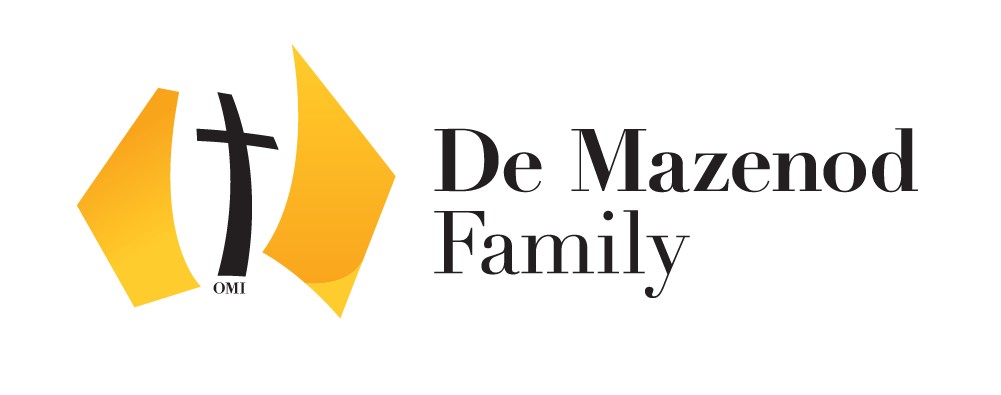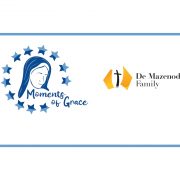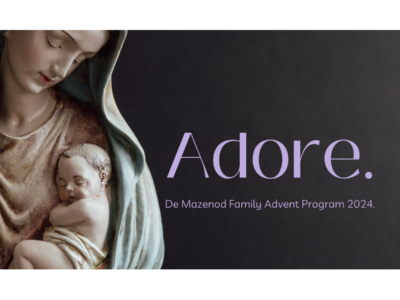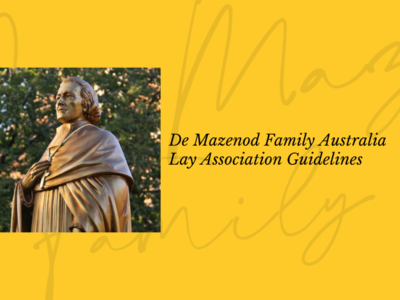By Nimmi Candappa
Through the pandemic, many of us have had extended time together with our immediate family. This is likely to have challenged our personal space and routines, tested our patience, and contributed to some disagreements and tension. We might have also had more unique insights into family members personalities and behaviour. How does each behave when freedoms are restricted? Are some docile and others resistant? Does a family member seek variety in TV shows, or exercise routines to compensate for the more humdrum routine imposed on us? Would one child seek more conversation and interaction, taking advantage of parents being at home during the day, while another retreats to extract more privacy?
This awareness of our different responses to life’s circumstances was also at the fore during the First Plenary Council Assembly that concluded this week. With Synodality – the need for mutual listening and mutual learning – seen as an urgent focus for the Church and encouraged by Pope Francis, Council members were asked to discern the Spirit’s guidance for the Church, based on a foundation of Church Synodality. To strive to hear the Spirit through the voices of others. Listening deeply to each other, listening in order to understand, not dismiss.
How can we put this into practise in our daily lives? How do we hear the Spirit in our families, in the sometimes opposing voices of parents versus children, siblings or spouses? One way is to hold the tension between conflicting views, staying sincerely open to another viewpoint, continuing to speak from our own heart and understanding, while expecting an ‘overflow’ from the Spirit that sees beyond what we see, to a solution beyond our human capabilities.
St Eugene, too was well aware of unrest within the family, even known as the Patron Saint of Dysfunctional Families. With divorced parents and a family embroiled in financial troubles, uprooted and dislocated due to the civil unrest, St Eugene sought to create the united family he so desired through the De Mazenod family he established. He urged his priests “Among yourselves, charity, charity, charity”; and to “take care to preserve, all of you, the family spirit which animates us.” When writing to an Oblate Community, he said, “You would not imagine the happiness I experience when I hear about the unity and cordiality that exists among you. Ah! how I am in Spirit in the midst of this dear portion of the family!”
A spirit of unity and community not only helps us but also those around us. It gives us peace, support and a sense of a shared journey. In this coming fortnight, we might look at ways in which we can enable a ‘synodal’ and unifying approach to our relationships – to listen in order to understand; to extend our view to see life from another stance. To seek unity, and expect the Spirit to help us achieve it.





